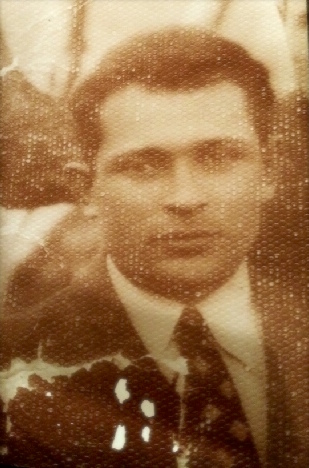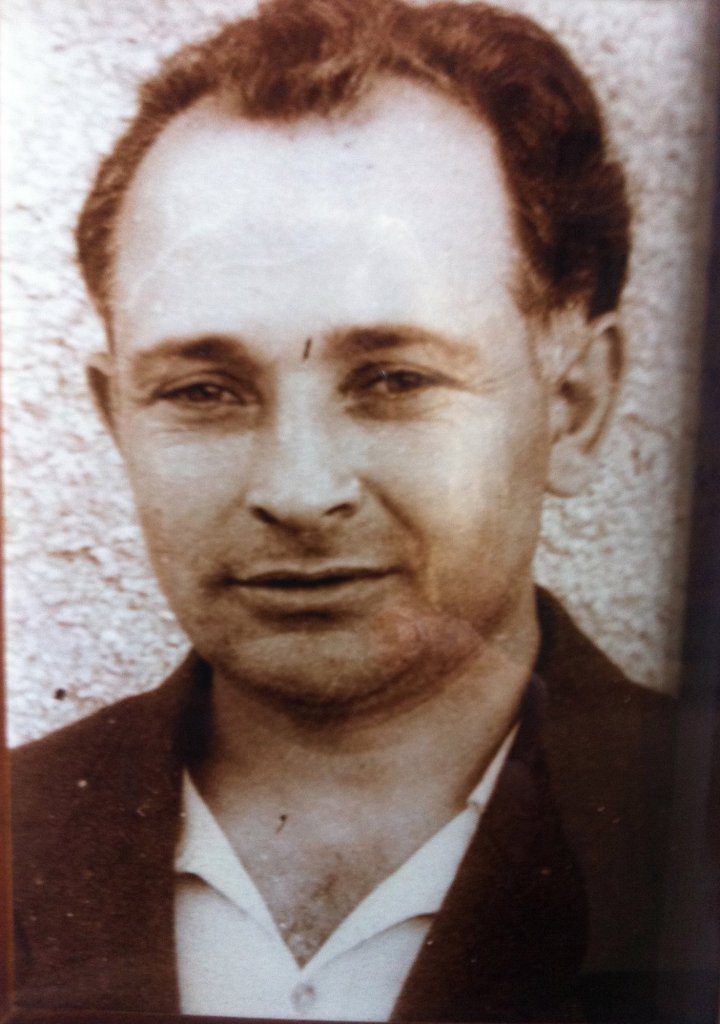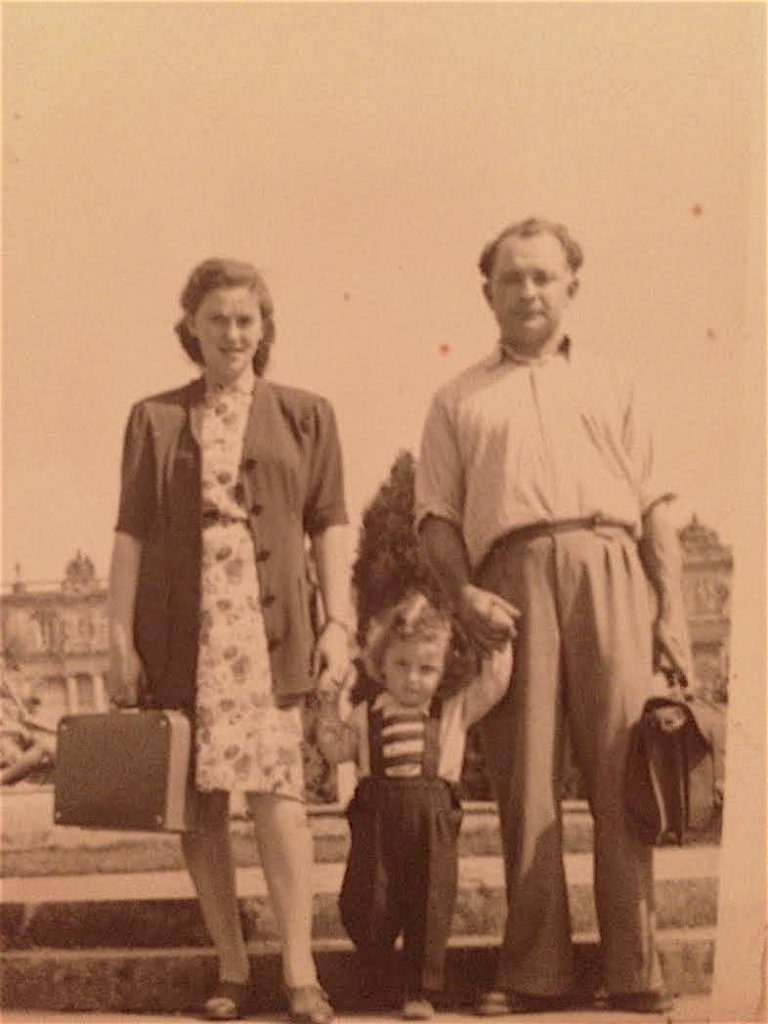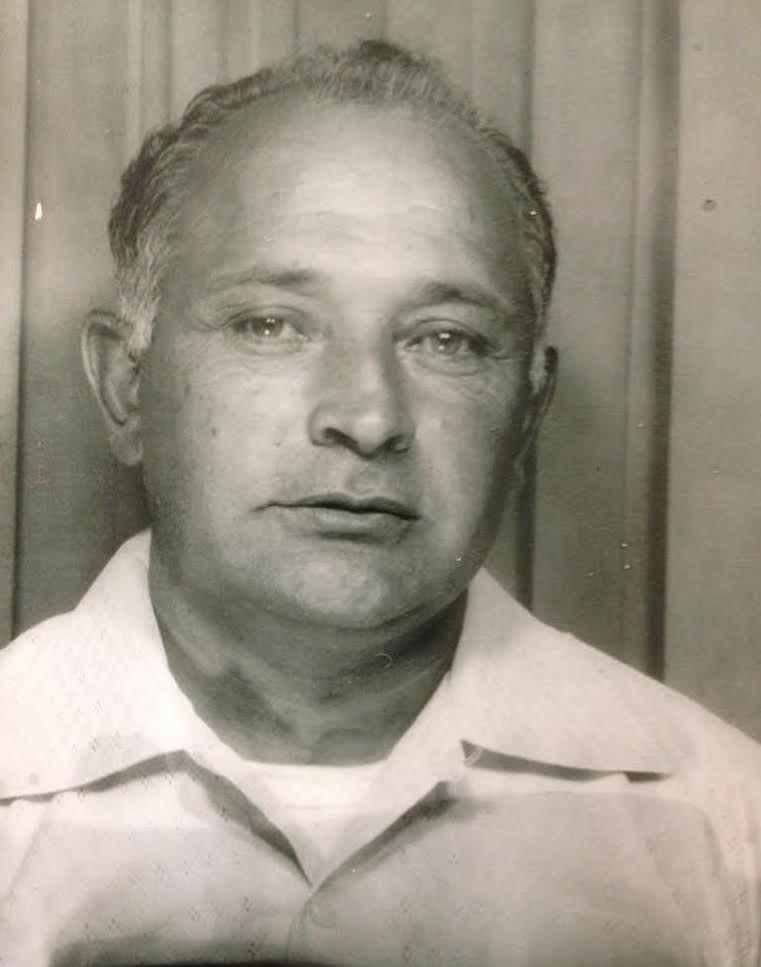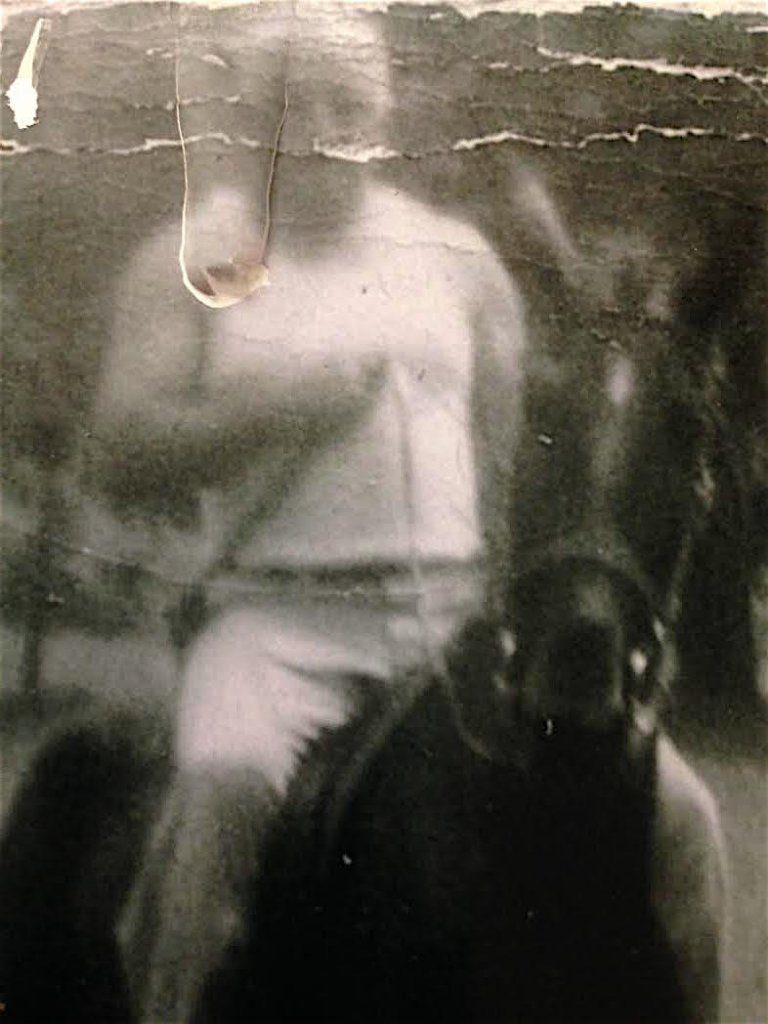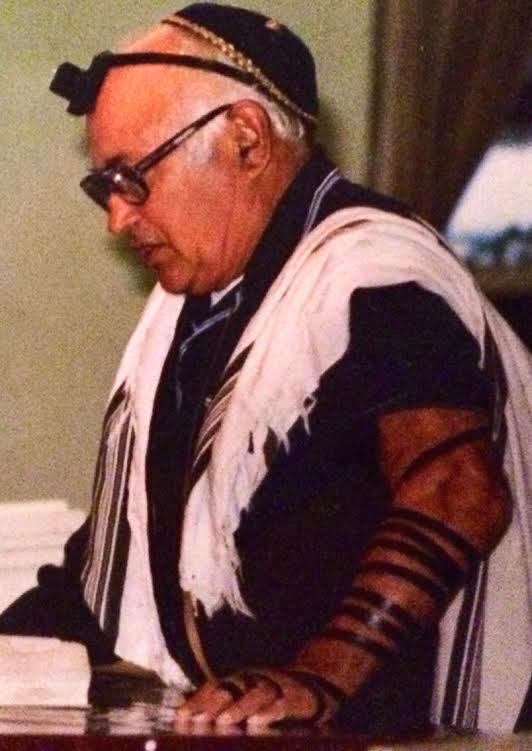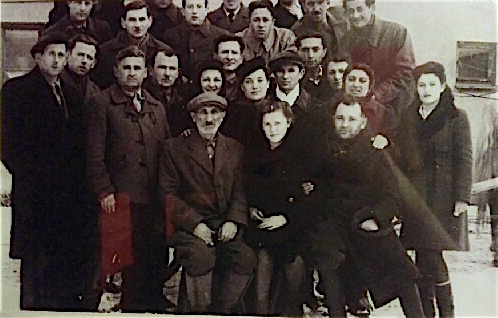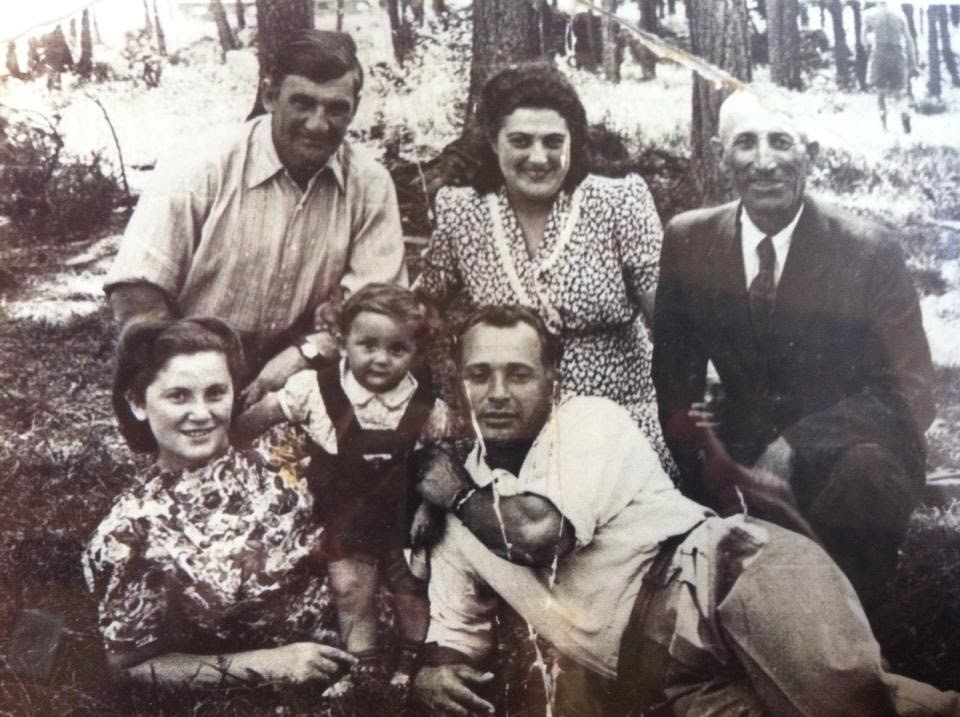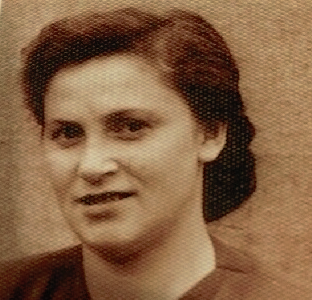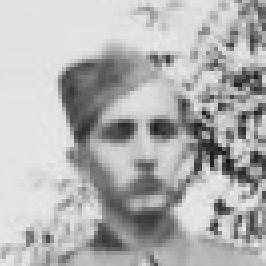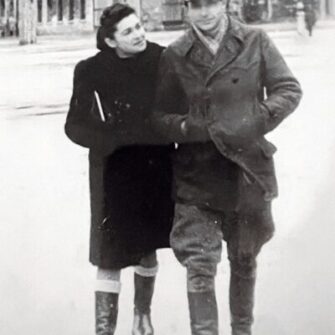After situating his parents and sisters with friendly peasants, Motke Ginsburg, and his younger brother Tzalke, escaped from the Ivie ghetto and went to the village of Dokodova, where they were incorporated into the Russian otriad, Iskra. At that time, Iskra was composed of 22 men and women, none of whom were Jews. Motke and Tzalke were accepted because they brought guns with them and both were strapping young men.
As Iskra grew into a large brigade of over 200 men, Motke and Tzalke were sent for a course in demolition. During the war, they specialized in sabotage. Iskra was a very active partisan unit that found itself on the front lines in various villages and in many battles against the Germans and their collaborators.
During the war, Motke was responsible for blowing up 17 trains loaded with Nazi soldiers and war material. Together with his brother Tzalke, he also destroyed a number of bridges and a hydroelectric plant, and a factory complex called Tartak. Motke planned the destruction of the Tartak. He waited for an extremely cold night knowing the Germans would not be on their watch. Motke, Tzalke and four fellow partisans forced a watchman to open the gates to the complex. Using a sled, Motke and Tzalke pulled a large bomb into the area housing the generators that supplied power to the factories and the surrounding areas. They set the bomb and when it initially misfired, Tzalke ran back in and reset it. The ensuing explosion destroyed the complex, burning it to the ground. The factory was never used again. General Platon, commander of all Russian partisans in Belarus, sent Motke congratulations on the success of this heroic mission.
Motke also participated in an ambush in the village of Olichofka, killing 60 plus Nazi soldiers and police. He took part in numerous battles against the Germans and the White Polish fascist bands. He was eventually promoted to Adjunctant to the Commander of the Iskra otriad. Motke helped many Jews, who had escaped from the ghettos and other hiding places, reach the safety of the Bielski Brigade, which was active in the same area.
Motke was known and beloved by both the local peasants and the Russian partisans. He was decorated with the Order of Lenin, the Red Star, and many other military medals and commendations. Motke was able to save his father and his two sisters, but tragically, his mother was killed in the forest shortly before liberation. While his brother Tzalke survived to liberation, he was killed by White Polish bands shortly after.
After the war, Motke married Yudis Kosczeinska in Lida, Poland. They soon made their way to the Foehrenwald Displaced Persons camp in Germany where they had two children, Chaim and Rivka. In 1949 the family immigrated to Troy, New York where Motke became a farmer and cattle dealer. There he and Yudis had two more children, Fran and Sheri. The family grew to ten grandchildren and ten great-grandchildren and still counting. Motke passed away in 2005. Yudis passed away in 2021.
Motke is remembered as a beloved, accomplished, and highly decorated partisan, and as a cherished husband, father and zeyde.

